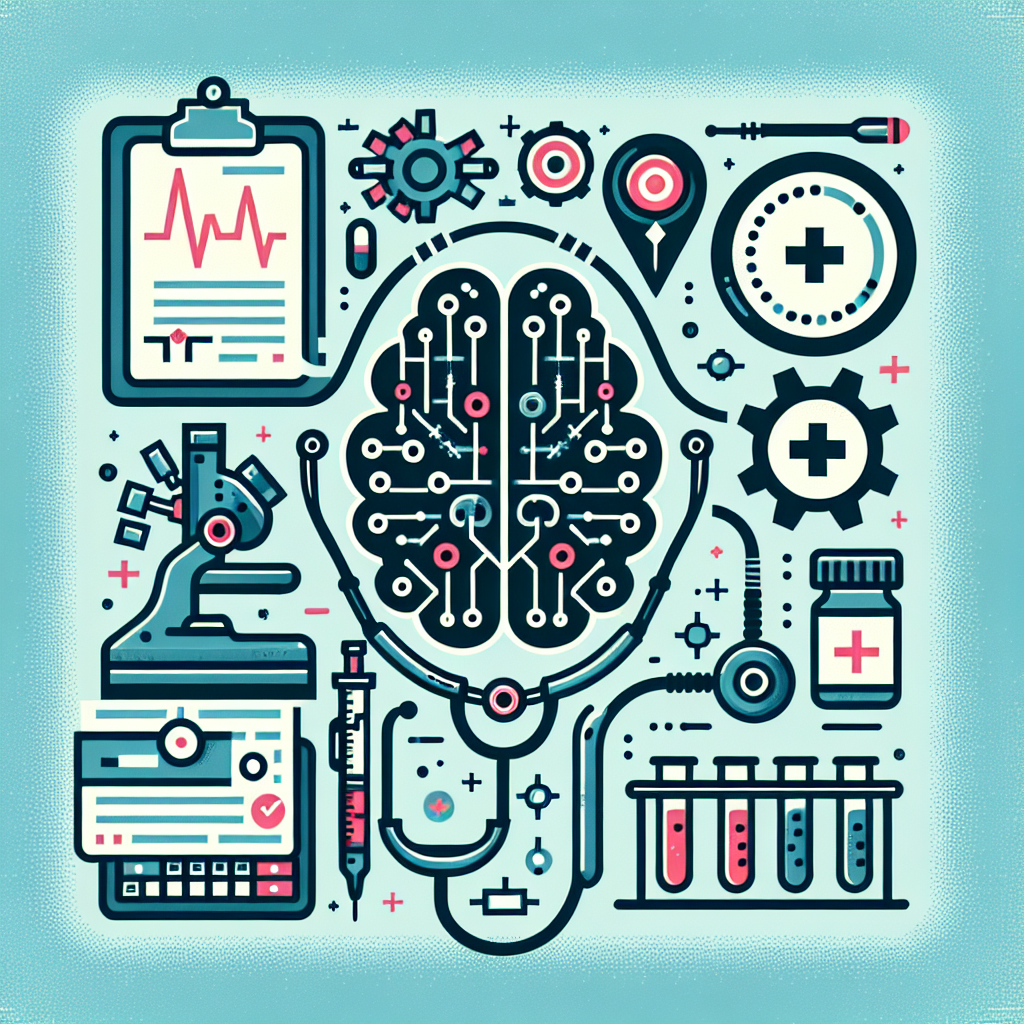Artificial Intelligence (AI) has been making significant strides in various industries, and healthcare is no exception. One area where AI has the potential to revolutionize is clinical trials. By integrating AI into the clinical trial process, researchers can accelerate drug development, improve patient recruitment, and enhance data analysis. This article will explore how AI integration can improve clinical trials and address some frequently asked questions about this emerging technology.
The Role of AI in Clinical Trials
Clinical trials are essential for testing the safety and efficacy of new drugs, medical devices, and treatment protocols. However, the traditional clinical trial process is time-consuming, costly, and often inefficient. By integrating AI into the clinical trial process, researchers can streamline various aspects of the study, leading to faster and more accurate results.
1. Patient Recruitment: One of the biggest challenges in clinical trials is recruiting eligible participants. AI can help by analyzing patient data from electronic health records, social media, and other sources to identify potential participants who meet the study criteria. This targeted approach can significantly reduce the time and cost associated with patient recruitment.
2. Protocol Design: AI can also help researchers design more efficient clinical trial protocols. By analyzing historical data from previous trials, AI algorithms can identify optimal study designs, endpoints, and patient populations. This data-driven approach can help researchers make informed decisions and improve the likelihood of success in clinical trials.
3. Predictive Analytics: AI can analyze large volumes of patient data to predict treatment outcomes and identify potential risks and benefits. By leveraging machine learning algorithms, researchers can develop personalized treatment plans and optimize patient care. This predictive analytics can help researchers make faster and more accurate decisions, leading to improved outcomes in clinical trials.
4. Data Analysis: AI can also streamline the data analysis process in clinical trials. By automating data collection, cleaning, and analysis, researchers can reduce manual errors and ensure data accuracy. AI algorithms can identify patterns, trends, and insights in the data that may not be apparent to human researchers, leading to more robust and reliable study results.
FAQs about AI Integration in Clinical Trials
1. How can AI improve patient recruitment in clinical trials?
AI can analyze large volumes of patient data to identify potential participants who meet the study criteria. By leveraging machine learning algorithms, researchers can target specific patient populations and improve recruitment efficiency. This data-driven approach can help researchers enroll more eligible participants in clinical trials and accelerate the study timeline.
2. How does AI help in protocol design for clinical trials?
AI can analyze historical data from previous trials to identify optimal study designs, endpoints, and patient populations. By leveraging machine learning algorithms, researchers can develop more efficient and effective clinical trial protocols. This data-driven approach can help researchers make informed decisions and improve the likelihood of success in clinical trials.
3. How can AI enhance data analysis in clinical trials?
AI can automate data collection, cleaning, and analysis in clinical trials. By leveraging machine learning algorithms, researchers can identify patterns, trends, and insights in the data that may not be apparent to human researchers. This data-driven approach can help researchers make faster and more accurate decisions and ensure data accuracy in clinical trials.
4. What are the potential benefits of AI integration in clinical trials?
AI integration in clinical trials can lead to faster study timelines, reduced costs, and improved patient outcomes. By streamlining patient recruitment, protocol design, predictive analytics, and data analysis, researchers can accelerate drug development and enhance the quality of clinical trial results. AI integration can also help researchers make more informed decisions and optimize patient care in clinical trials.
In conclusion, AI integration is a key to improving clinical trials by streamlining various aspects of the study process. By leveraging AI algorithms for patient recruitment, protocol design, predictive analytics, and data analysis, researchers can accelerate drug development, improve patient outcomes, and enhance the quality of study results. As AI technology continues to advance, its potential to revolutionize clinical trials and transform healthcare is promising.

